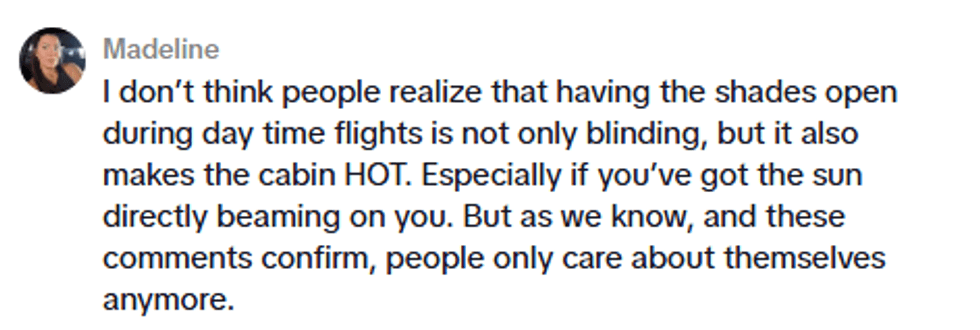For approximately one month every year, the streets of New Orleans, LA, erupt into a boisterous festival that draws attention from all over the world. Known as Mardi Gras, the annual celebration takes over the southeastern city, but the tradition behind the yearly holiday predates the founding of its hosting city, New Orleans. In fact, as wild as the festivities can get in the Louisiana city, Mardi Gras’ roots are better intertwined with Roman history and didn’t even reach the United States until 1699.
The Roots of Mardi Gras

The name Mardi Gras translates to “Fat Tuesday,” referring to the last Tuesday before Ash Wednesday. As the name implies, Fat Tuesday was all about binge-eating foods that weren’t allowed during Lent. Those who celebrated Fat Tuesday would gorge on the sweet, rich, and fatty foods that they would be giving up starting on Ash Wednesday. While more traditionally linked to the period beginning on King’s Day (Jan. 6) and ending the day before Ash Wednesday, Mardi Gras is also believed to have connections to the pagan fertility festivals of Lupercalia and Saturnalia, though the link is tenuous.
Mardi Gras spread throughout Europe as the influence of Christianity continued to grow and, on March 3, 1699, finally found its way to the North American continent. After a long trek across the Atlantic, French explorers Pierre Le Moyne d'Iberville and Sieur de Bienville landed in what is now present-day New Orleans. Upon arrival, they dubbed the spot they landed at Point du Mardi Gras, or Mardi Gras Point and hosted a small celebration on March 3, 1699, to mark the end of their journey.
The Mardi Gras Ban
As more French settlers came to the United States, following the path of d’Iberville and de Bienville, the tradition of Mardi Gras started to take form. Over the following decades, the celebrations involved elaborate masquerade balls and street parties, but the fun was short lived. In February 1763, control of the French region was turned over to the Spanish as part of a treaty that ended the French and Indian War. For 40 years, the Mardi Gras festivities were banned until 1812, when the region of Louisiana was integrated into the United States.
It wasn’t until 1837, however, that the tradition of the Mardi Gras parade of New Orleans came into play. The party continued to evolve over the years, such as the inclusion of marching bands and floats in the 1857 celebration until more modern traditions like bead throwing worked their way in. Beyond the New Orlean’s party, Mardi Gras Carnivals are still hosted in Brazil, Canada, Italy, Denmark and Germany.







 @NICKIMINAJ/X
@NICKIMINAJ/X





 Red Carpet Picture GIF by Robert E Blackmon
Red Carpet Picture GIF by Robert E Blackmon  Black Friday Christmas GIF by Target
Black Friday Christmas GIF by Target  The Office Boss GIF
The Office Boss GIF  Stay Single Animation Domination GIF by gifnews
Stay Single Animation Domination GIF by gifnews  Season 1 Wedding GIF by NBC
Season 1 Wedding GIF by NBC 
 @kellymengg/TikTok
@kellymengg/TikTok @kellymengg/TikTok
@kellymengg/TikTok @kellymengg/TikTok
@kellymengg/TikTok @kellymengg/TikTok
@kellymengg/TikTok @kellymengg/TikTok
@kellymengg/TikTok @kellymengg/TikTok
@kellymengg/TikTok @kellymengg/TikTok
@kellymengg/TikTok @kellymengg/TikTok
@kellymengg/TikTok @kellymengg/TikTok
@kellymengg/TikTok @kellymengg/TikTok
@kellymengg/TikTok @kellymengg/TikTok
@kellymengg/TikTok @kellymengg/TikTok
@kellymengg/TikTok @kellymengg/TikTok
@kellymengg/TikTok @kellymengg/TikTok
@kellymengg/TikTok @kellymengg/TikTok
@kellymengg/TikTok
 Christina Lorey/Facebook
Christina Lorey/Facebook Barry Novak/Facebook
Barry Novak/Facebook Mary Schroeder/Facebook
Mary Schroeder/Facebook Ben Kayser/Facebook
Ben Kayser/Facebook @danobears/Threads
@danobears/Threads
 @falkthisnonsense/Threads
@falkthisnonsense/Threads @barrypiatoff/Threads
@barrypiatoff/Threads
 @sareineity/TikTok
@sareineity/TikTok @jackb7730/TikTok
@jackb7730/TikTok @theboywanders/TikTok
@theboywanders/TikTok @george199013/TikTok
@george199013/TikTok @mrtempoe/TikTok
@mrtempoe/TikTok @soxfanchris/TikTok
@soxfanchris/TikTok